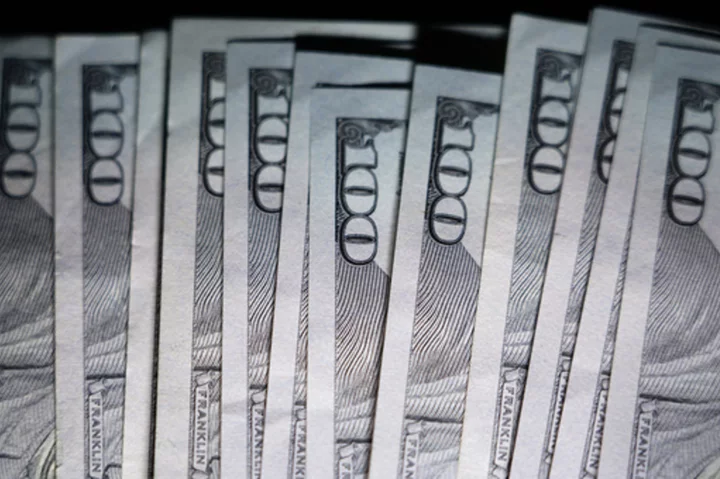
4 LGBTQ+ retirement hurdles (and what to do about them)
In many ways, retirement planning for someone in the LGBTQ+ community follows the basic tenets of anyone’s retirement planning: save more, spend less, invest for the long term
2023-08-09 20:46

Edmunds compares: 2023 Mazda CX-50 vs. Honda CR-V
The Honda CR-V has consistently been one of the most popular small crossover SUVs on sale in America
2023-08-09 19:25

‘Native American’ or ‘Indigenous’? Journalism group rethinks name
The Native American Journalists Association is aiming to become more inclusive as its members vote on whether to rebrand as the Indigenous Journalists Association
2023-08-09 03:29

Zoom, which thrived on the remote work revolution, wants workers back in the office part-time
Zoom became a symbol of remote work during the pandemic but the company is now joining a growing return-to-office trend
2023-08-09 01:29
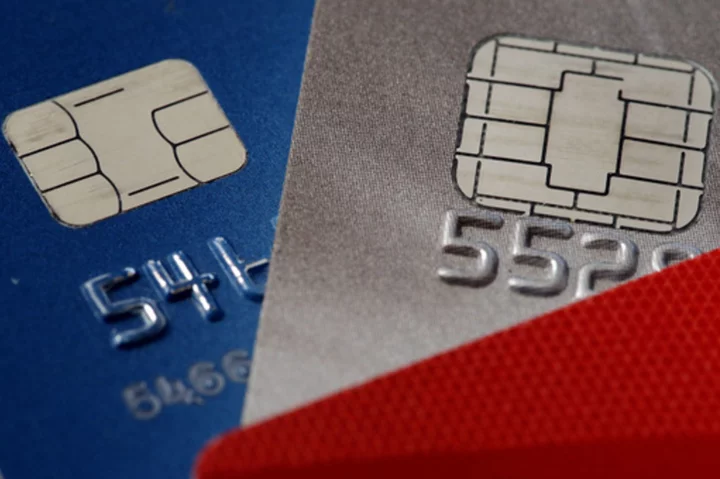
Millennial Money: Issuer closing your credit card? Act fast to preserve credit
When a credit card issuer decides to close an account, there may be a narrow window of time in which you can help safeguard your credit scores
2023-08-09 01:18
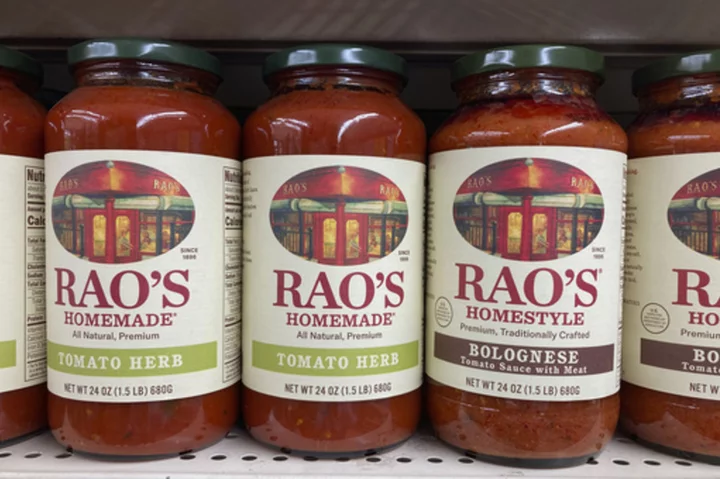
Campbell Soup will buy maker of Rao's sauces for $2.7 billion
Campbell Soup is set to buy Sovos Brands, the maker of Rao’s pasta sauces
2023-08-08 21:28
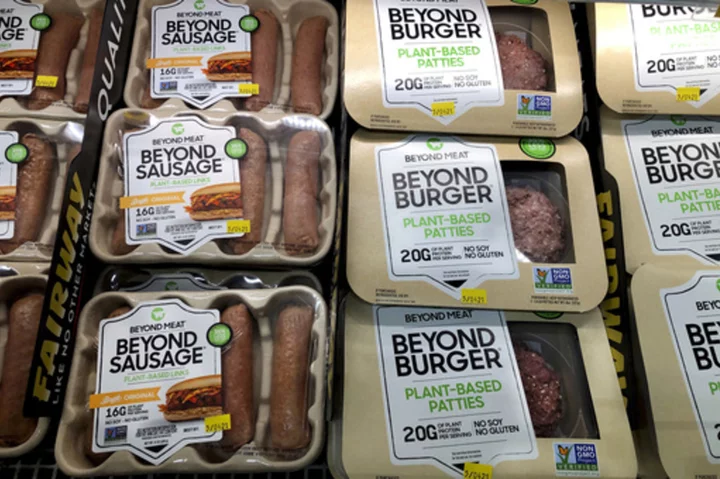
Beyond Meat revenue plummets in the second quarter due to flagging US demand
Plant-based meat maker Beyond Meat said its revenue plunged 30.5% in the second quarter as consumer demand for its burgers, sausages and other products fell despite price cuts
2023-08-08 04:57
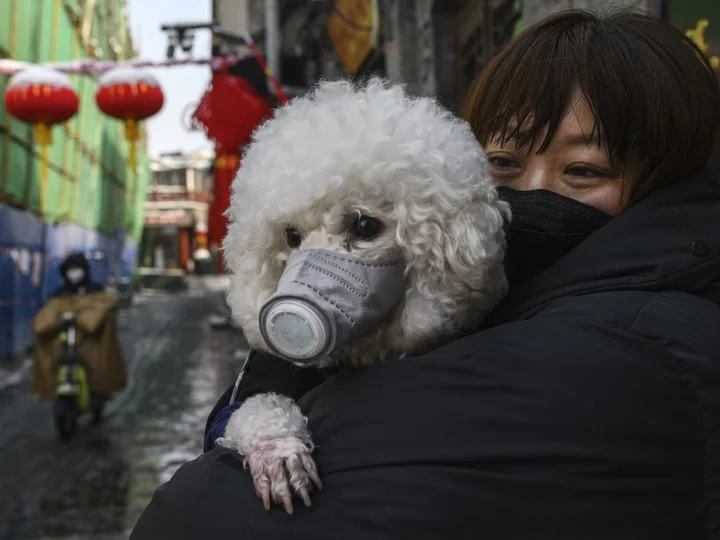
Coronavirus: Can your dog or cat get Covid-19 and can you catch it from your pet?
In February a pet dog in Hong Kong tested ‘weak positive‘ for coronavirus and was placed into quarantine. The Agriculture, Fisheries and Conservation Department (AFCD) in Hong Kong confirmed that repeated tests suggested the dog had a “low-level” of the virus and that it was likely to be the case of human-to-animal transmission. The dog, a Pomeranian, had not shown any symptoms for the illness but its owner was confirmed as being infected with Covid-19. Now pet owners are becoming increasingly concerned they could catch the deadly disease from their animals - but is that scientifically possible? Can I catch coronavirus from my pet? On 2 April a Chinese study showed that cats are "highly susceptible" to coronavirus and it can easily be passed between them. But only five cats were involved in the experiment. This follows the news that a cat reportedly contracted coronavirus in Belgium but health authorities in the country said it was an "isolated case" and not "the rule". There are still no reports of animals in the UK with coronavirus. On 13 March the World Health Organisation said "at present there is no evidence that companion animals/pets such as dogs or cats can be infected with the new coronavirus". Several global health organisations have issued advisories saying there is no any evidence that pet animals can spread coronavirus or indeed be infected with it in the same way as humans. “Therefore, there is no justification in taking measures against companion animals which may compromise their welfare,” the World Organisation for Animal Health has said. The Centers for Disease Control and Prevention concurred that “there is no reason to think that any animals including pets in the United States might be a source of infection with this new coronavirus”. Raymond R.R. Rowland, a veterinarian who specialises in swine viruses at Kansas State University, said that “weak positives” frequently show up in testing pigs, where a farmer’s livelihood can be at stake. “I’ll tell you what I tell them,” he told The New York Times. “Wait and see.” Even if the Pomeranian has a low-level infection, he said: “that doesn’t say the animal is sufficiently infected that it can spread the virus.” The dog could simply be a host for the illness that neither becomes unwell or infects other people or animals. Should I change my behaviour with my pet? The World Health Organisation says: "It is always a good idea to wash your hands with soap and water after contact with pets. “This protects you against various common bacteria such as E.coli and Salmonella that can pass between pets and humans.” To protect yourself from catching coronavirus, the WHO advises the following: Cover your mouth and nose while sneezing, with a tissue or your elbow Put the tissue straight into a closed bin Wash your hands afterwards, and then frequently, with soap or sanitiser Keep your distance from people who are coughing and sneezing (at least one metre) [[Updated UK government advice also says people should stay at home and practice social distancing]. You can read more about the WHO’s advice on coronavirus here. Read More What are symptoms of coronavirus – and where has it spread? Latest travel updates as coronavirus continues to spread Can face masks really protect you against coronavirus or flu? The dirty truth about washing your hands Greg Rutherford had mystery allergy left him ‘screaming and clawing at his skin’ What is Lyme disease? Bella Hadid reveals ’15 years of invisible suffering’ Study reveals how muscle cells deteriorate with age, hampering injury recovery
2023-08-07 23:54
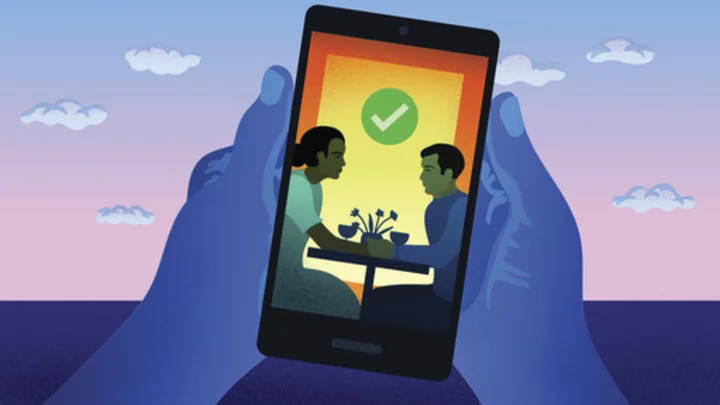
More people are opting for early dinners since the pandemic, says OpenTable CEO Debby Soo
When OpenTable CEO Debby Soo joined the restaurant reservation company in 2020, the industry was struggling through the pandemic
2023-08-07 21:24
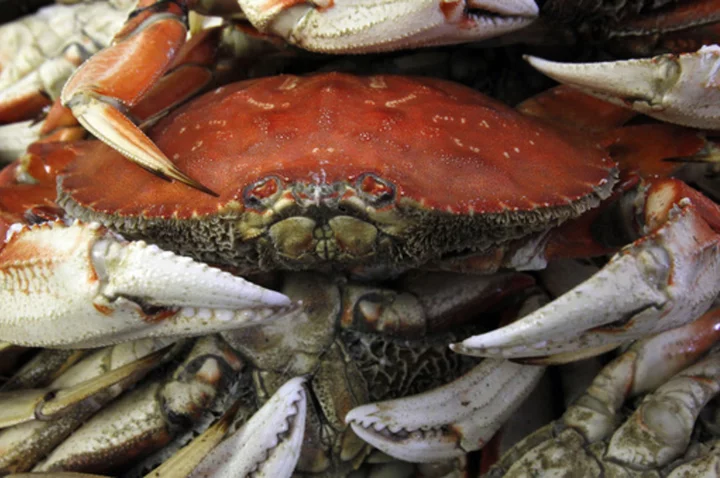
Oregon extends crab fishing restrictions to protect whales from getting caught in trap ropes
Oregon has extended rules restricting the number of crab traps in the water and how deep they can drop in the late-season months when humpback whales are more likely to swim there
2023-08-06 05:55

Heat and wildfires put southern Europe's vital tourism earnings at risk
Greece’s resort island of Rhodes is nursing its wounds after 11 days of devastating wildfires
2023-08-05 14:55
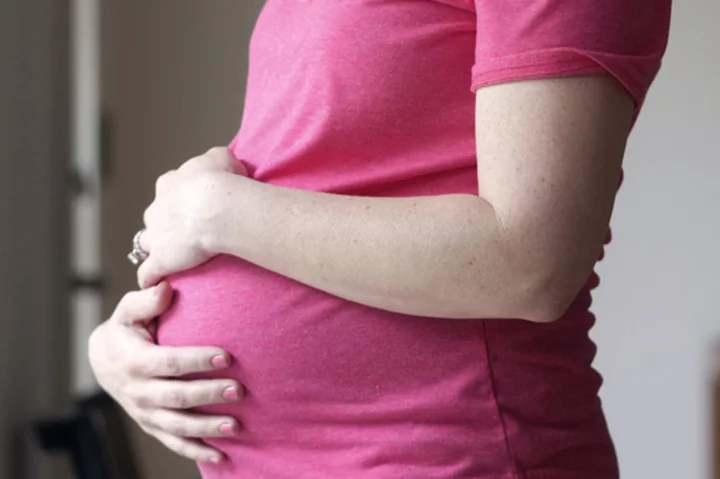
FDA approves first postpartum depression pill
Federal health officials have approved the first pill to specifically treat depression after childbirth
2023-08-05 07:19
